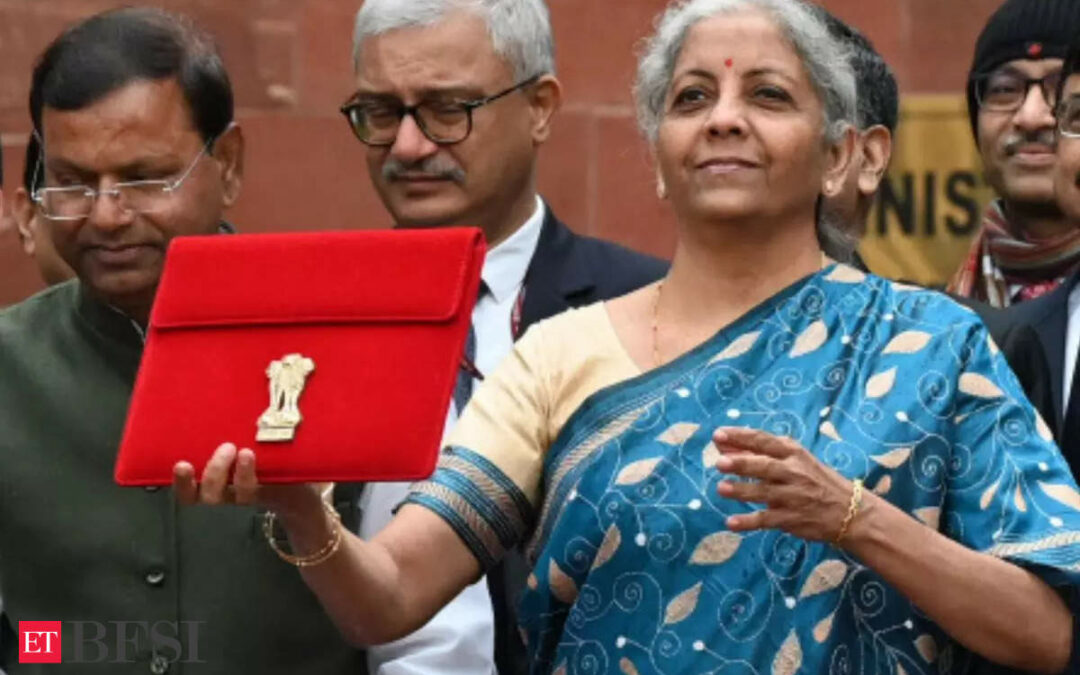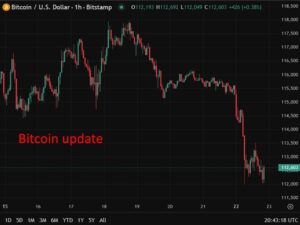NDA 3.0 has, so far, indicated continuity. Retention of the key ministerial portfolios and the position of the Speaker of the Lok Sabha by the BJP has sent the message of continuity.
Will the first Budget of NDA 3.0 indicate continuity of economic policy? Or will the Finance Minister be compelled to accommodate the exigencies of coalition politics?
What are the possibilities before NDA 3.0 and the Finance Minister Nirmala Sitharaman?
The economy is in a sweet spot
Fortunately for the Finance Minister, the present economic scenario is favourable for striking a balance between the conflicting goals of economics and politics.
FY24 GDP growth at 8.2 percent is much better than assumed in the interim Budget. Government’s direct tax revenue has grown at 17.7 percent for FY24.
High GDP growth and impressive revenue growth have reduced the pressure on the Finance Minister. Other economic indicators also are good: Fiscal deficit is declining, Current Account Deficit (CAD) is moderate, CPI inflation is at 4.75 percent and the rupee is stable. In brief, the economy is in a sweet spot.
Fiscal discipline will continue to be top priority
Sustaining economic growth with financial stability will continue to be the top economic priority of the government. This requires reduction of the fiscal deficit as promised in the interim Budget. The Finance Minister is unlikely to compromise on that.
Apart from the better-than-expected GDP growth and impressive tax revenue growth, the government got an unexpected bonanza from the RBI.
The central bank’s hefty dividend transfer of Rs 2.1 lakh crores to the government for FY25 is Rs 1 lakh crore more than the estimates of the interim budget.
This will enable the Finance Minister to easily achieve the fiscal deficit reduction targets of 5.1 percent and 4.5 percent of GDP for FY25 and FY 26 respectively. Perhaps, the Finance Minister may even target a lower fiscal deficit target for FY25.
The challenge of weak consumption should be addressed
A paradox in the macro numbers is that while the GDP growth is impressive at 8.2 percent, consumption growth in the economy is weak at 4 percent. Because of the ‘K’ shaped economic recovery, ‘class consumption’ is robust while ‘mass consumption’ is weak.
For sustaining economic growth, mass consumption has to be stimulated. Tax cuts on goods and services can be decided only by the GST Council. The Budget can address the issue through income tax relief to leave more money in the hands of the taxpayers for consumption.
Income tax relief for the middle class
The tax revenue buoyancy will enable the Finance Minister to provide some relief to the middle class through income tax reliefs.
The middle class is a strong support base for the BJP and the party will use this opportunity to strengthen its support base and to provide relief to the people suffering from high food inflation.
The focus of the Finance Minister is likely to be on providing tax relief through the new income tax regime with no tax exemptions. The present tax exemption limit can be raised and tax rates particularly for the lower slabs can be reduced.
Welfare spending for the poor will be stepped up
The priority of the government to promote the welfare of the poor will continue. The PM Awas Yojana will get a big additional allocation and the focus on affordable housing will continue.
The first Cabinet decision of the NDA 3.0 government was to construct additional 3 crore houses under the PM Awas yojana. Other flagship programs of the two earlier NDA governments like Ayushman Bharat and Har Ghar Jal scheme will continue to get high budget allocations.
Free grain distribution for 80 crore people required a food subsidy of Rs 2.12 lakh crores in FY24. This amount will go up by 9 percent in FY25. Some new welfare programs are likely to be announced in the Budget.
In brief, the Budget can be growth-oriented, fiscally responsible and welfarist with tax relief for the middle class.
The two crucial parties in the NDA 3.0 – Naidu’s TDP and Nitish Kumar’s JDU- have not bargained for key ministerial positions. It is learnt that they have made demands for special packages for their respective states.
It remains to be seen how the FM accommodates these demands. Even though the FM has the fiscal space for meeting some demands this has to be done without setting wrong precedents. This calls for some deft management of the political economy.
(The author is Chief Investment Strategist, Geojit Financial Services)
(Disclaimer: Recommendations, suggestions, views, and opinions given by experts are their own. These do not represent the views of the Economic Times)










